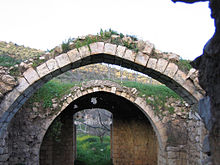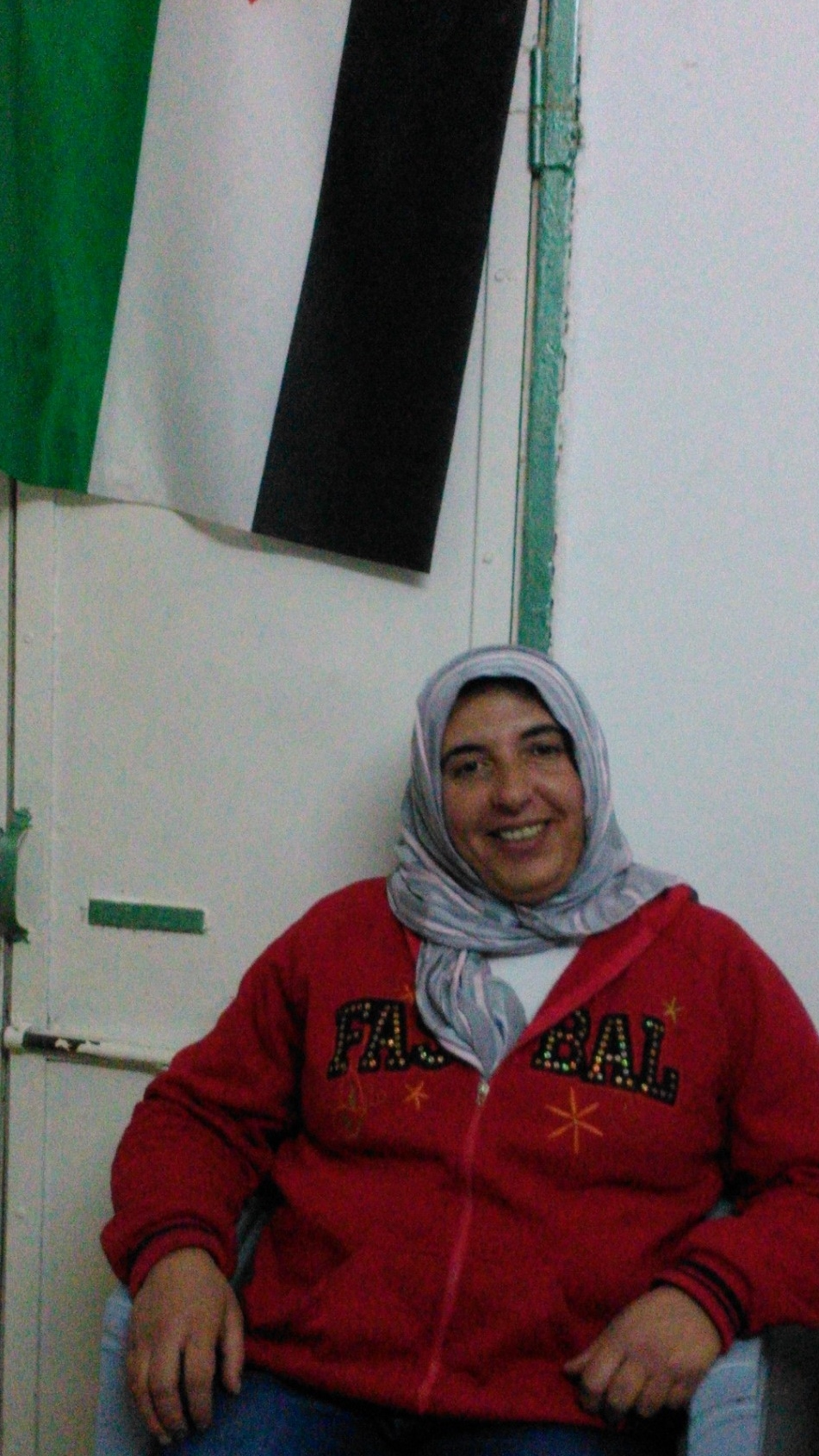Year: 2013
-
Settler attack instigates clashes in Hebron, one Palestinian shot with live ammunition
6th December 2013 | International Solidarity Movement, Khalil Team | Hebron, Occupied Palestine This afternoon in Hebron, approximately three illegal settlers, standing on the same roof as several Israeli soldiers, threw stones at Palestinian homes and cars in the old city. This act of aggression caused clashes to break out between Palestinian youth and Israeli forces,…
-
Harassment and arrest in Khan al Luban
6th December 2013 | International Solidarity Movement, Nablus Team | Khan al Luban, Occupied Palestine On the 4th of December, Khalid Al-Sanih Daraghmah was working in his property when illegal settlers, Israeli border police and Israeli soldiers entered his farm to harass him, arrest him and confiscate his tractor. In the late afternoon, settlers from the…
-
An interview with Hakima Hasan Motlaq on positive resistance and women’s empowerment in the village of Asira al-Qibliya
6th December 2013 | International Solidarity Movement | Asira al-Qibliya, Occupied Palestine Could you tell us a bit about yourself? My name is Hakima Hasan Motlaq and I am from Asira al-Qibliya where I have always lived. It is south of Nablus and I’m 35 years old and I am married. I am the head of…



